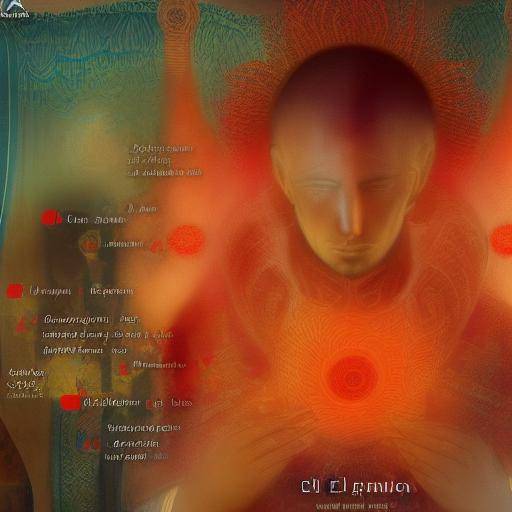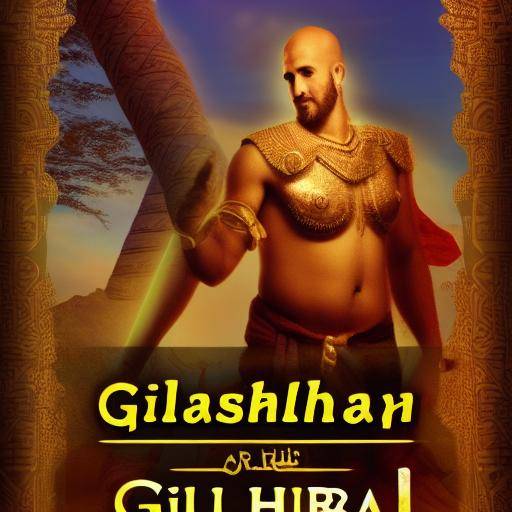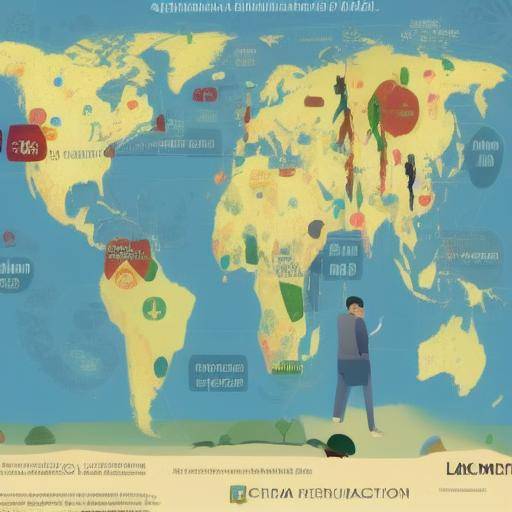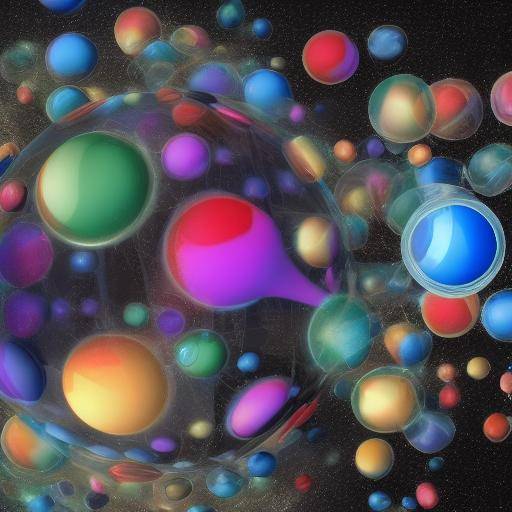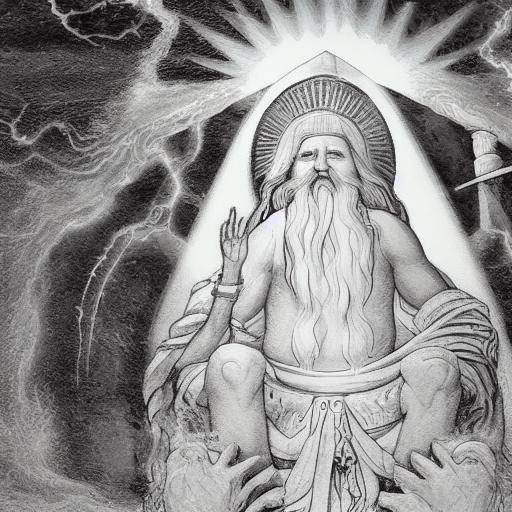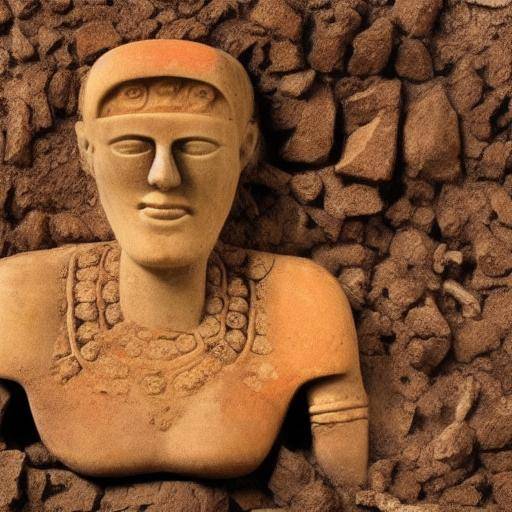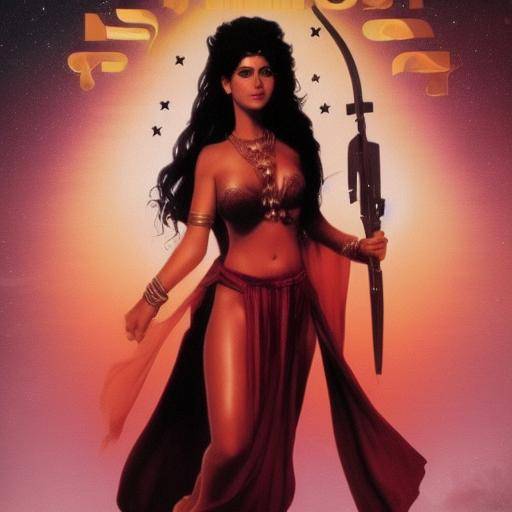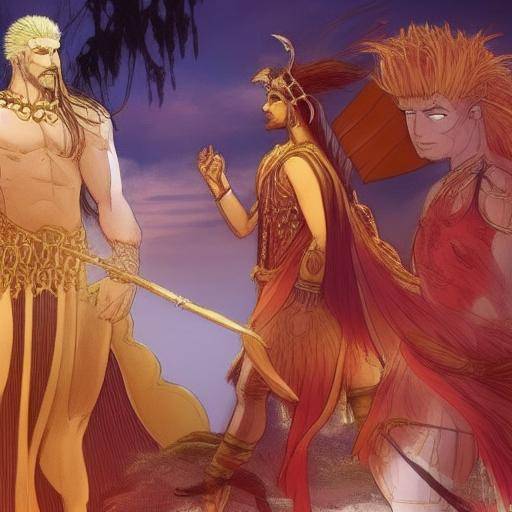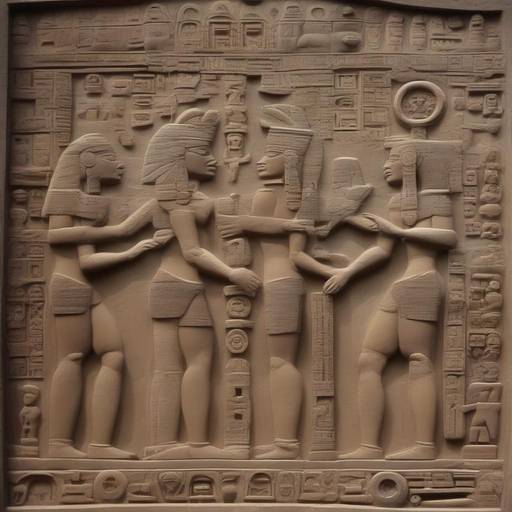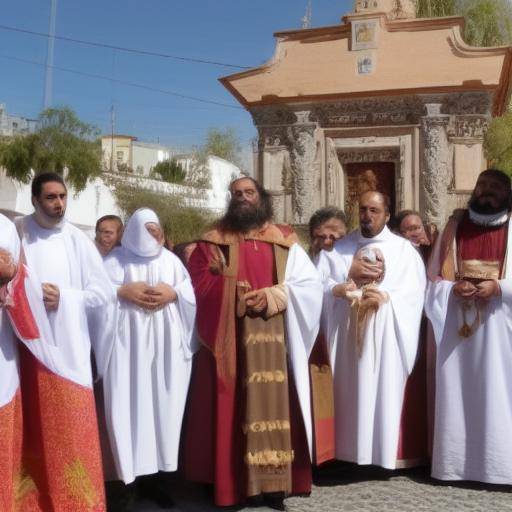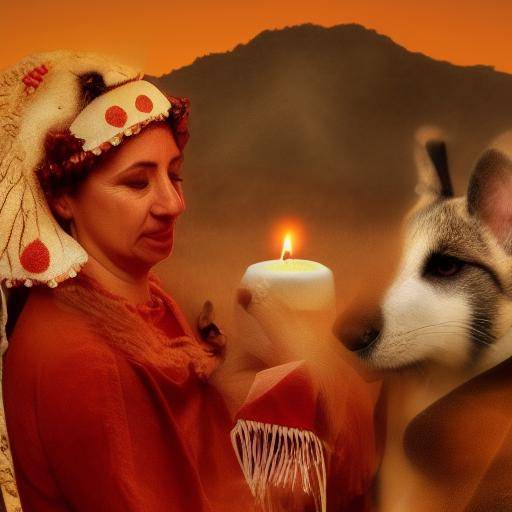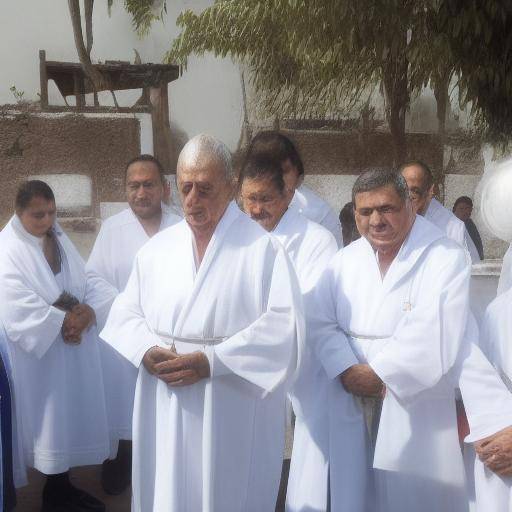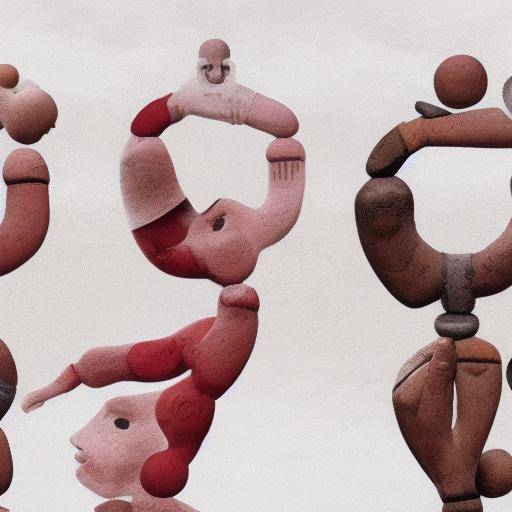
Introduction
In the ancient history of humanity, the relationship between humans and gods has been fundamental in the formation of cultures and beliefs. Mesopotamian culture, known for its rich mythology and complex divine relations, offers a fascinating study on how old societies perceived and related to their deities. In this article, we will explore in depth the connection between humans and gods in Mesopotamian culture, the myths that defined this relationship, as well as the contemporary implications and applications of these concepts. Join us on this journey through the mysteries and wonders of the ancient Mesopotamia.
History and Background
Mesopotamian culture, one of the oldest civilizations in the world, flourished in the region between the Tigris and Euphrates rivers, in what is now part of Iraq, Syria, Turkey and Iran. It emerged around 3500 BC and marked the birth of numerous advances in human history, including cuneiform writing, the first legal codes and a complex system of religious beliefs.
Religion and Mesopotamian Mythology
Mesopotamian religion was impregnated with the idea that the gods governed all aspects of human life. His deities were anthropomorphic, with human attributes and divine characteristics. Each Mesopotamian city-state worshiped a specific set of gods, with temples dedicated to honoring their power and guaranteeing their favor.
Credentials on Creation
The myths of Mesopotamian creation, such as Enuma Elish, relate how the gods shaped the universe and created mankind. These mythological narratives not only explained the origin of the world, but also provided a framework for understanding the relationship between humans and divinities.
Relationship between Human and Gods
Mesopotamians saw their existence as an act of service to the gods. They believed that they should perform godly works to gain divine favor and avoid their anger. This symbiotic relationship marked all aspects of everyday life, from agriculture to political administration.
Analysis in Deep
Contemporary Relevance
Although Mesopotamian civilization disappeared millennia ago, its lasting influence on later religions and mythologies. Mesopotamian narratives have left an indelible mark on the human understanding of the divine and continue to inspire literary, cinematographic and artistic works today.
The Legacy of Mesopotamian Religion
Mesopotamian religion and mythology have influenced subsequent belief systems, including Judaism, Christianity and Islam. The Flood myth, for example, appears in Gilgamesh's Epic, revealing fascinating parallels with stories of the Flood in other cultures.
Comprehensive review
Influences in Art and Literature
Epopeyas, like Gilgamesh, have served as sources of inspiration for countless literary works, from antiquity to present. Its impact on the narrative and human imagination is undeniable.
Ethics and Philosophy
The moral teachings of Mesopotamian myths, such as Atrahasis, offer reflections on human nature and ethical behavior. These accounts provide invaluable insights on the human condition and purpose of existence.
Comparative analysis
Paralelismos with Other Cultures
Resonances have been observed between Mesopotamian narratives and those of other ancient cultures, such as Greek and Egyptian. These parallels suggest cultural exchanges and similarities in universal human concerns over time.
Practical Tips and Accessible Tips
After studying the relationship between humans and gods in Mesopotamian culture, it is possible to draw relevant lessons for our modern lives. The importance of humility, respect for the divine and the recognition of our interdependence with forces beyond our control are timeless values derived from these old beliefs.
Individual responsibility
Mesopotamian myths remind us of the importance of taking responsibility for our actions, both for our fellows and for the divine. This ethical principle remains relevant in promoting peaceful coexistence and equality in our contemporary societies.
Information and Views of Experts
Perspectives of Experts on Archaeology
Dr. Alejandro Gómez, archaeologist specializing in Mesopotamian culture, emphasizes the importance of understanding old beliefs to contextualize our current societies. According to Dr. Gómez, "The myths and beliefs of antiquity have shaped not only how we understand the past, but also how we perceive ourselves in the present and how we choose to shape our future."
Future predictions and trends
Experts in religious studies point out that mesopotamian mythological narratives and themes will continue to be the subject of study and reinterpretation in the coming years. As modern technology gives us new ways of analyzing and appreciating these ancestral stories, its influence is likely to continue to expand in the academic and cultural spheres.
Conclusions and FAQs (FAQs)
Conclusions
The relationship between humans and gods in Mesopotamian culture represents a fascinating chapter in the history of humanity. The way these ancient civilizations interpreted their world and place in it provides valuable lessons on the interconnection between the human and the divine.
Frequently asked questions (FAQs)
1. What are the main gods of Mesopotamian mythology?
In Mesopotamian mythology, gods such as Enlil, Marduk, Ishtar, and Tiamat stand out, each with specific attributes and roles in the divine pantheon.
2. What role did priests play in the relationship between humans and gods in the ancient Mesopotamia?
The priests had the important work of mediators between humans and gods, charged with performing rituals and offerings to ensure divine favor and maintain cosmic balance.
3. How did the relationship with the gods affect the mesopotamian day?
The relationship with the gods influenced all aspects of Mesopotamian life, from agriculture to administration, guiding behaviors, laws and moral beliefs.
4. Are there parallels between Mesopotamian myths and other religious traditions?
Yes, similarities have been identified between Mesopotamian myths and those of other cultures, suggesting a mutual influence and shared human concerns in different historical contexts.
5. How are Mesopotamian myths reflected in contemporary popular culture?
Mesopotamian myths have inspired contemporary literary, cinematographic and artistic works, demonstrating their lasting impact on human creativity.
6. What is the relevance of understanding the relationship between humans and gods in Mesopotamian culture today?
Understanding this relationship gives us a unique perspective on human interaction with the divine, offering teachings on ethics, responsibility and coexistence that remain relevant in modern society.
In short, the connection between humans and gods in Mesopotamian culture represents a fascinating field of study that brings with it lasting lessons and a lasting legacy in the understanding of human nature and the transcendent.

